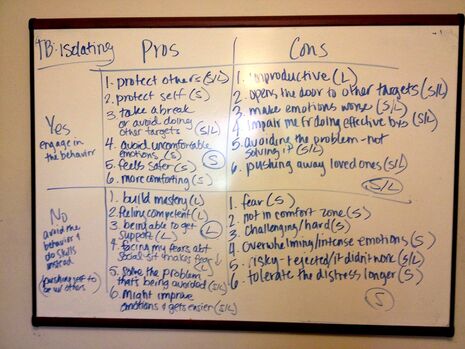The Strong/Sensitive Type. |
Caring, evidence-based, BS-free support for mood, relationships, sex, identity, and overwhelm.
You've got this.
from Rebecca Robinson: CA-, PA-, and FL-licensed therapist / sensitiveandpractical.com
You've got this.
from Rebecca Robinson: CA-, PA-, and FL-licensed therapist / sensitiveandpractical.com
|
|

 RSS Feed
RSS Feed